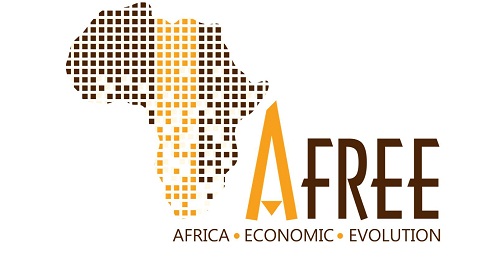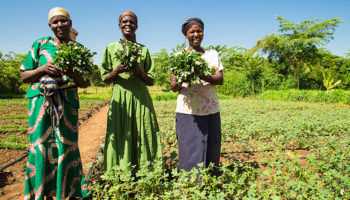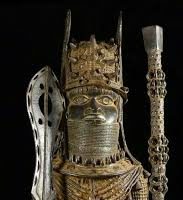Traditional African medicine is a traditional medicine discipline involving indigenous herbalism and African spirituality, typically involving diviners, midwives, and herbalists. Practitioners of traditional African medicine claim to be able to cure various and diverse conditions such as cancers, psychiatric disorders, high blood pressure, cholera, most venereal diseases, epilepsy, asthma, eczema, fever, anxiety, depression, benign prostatic hyperplasia, urinary tract infections, gout, and healing of wounds and burns and even Ebola.
Diagnosis is reached through spiritual means and a treatment is prescribed, usually consisting of a herbal remedy that is considered to have not only healing abilities but also symbolic and spiritual significance. Traditional African medicine, with its belief that illness is not derived from chance occurrences, but through spiritual or social imbalance, differs greatly from modern scientific medicine, which is technically and analytically based. In the 21st century, modern pharmaceuticals and medical procedures remain inaccessible to large numbers of African people due to their relatively high cost and concentration of health facilities in urban centres.
Before the establishment of science-based medicine, traditional medicine was the dominant medical system for millions of people in Africa but the arrival of the Europeans was a noticeable turning point in the history of this ancient tradition and culture. Herbal medicines in Africa are generally not adequately researched, and are weakly regulated.[4] There is a lack of the detailed documentation of the traditional knowledge, which is generally transferred orally.Serious adverse effects can result from mis-identification or misuse of healing plants.




